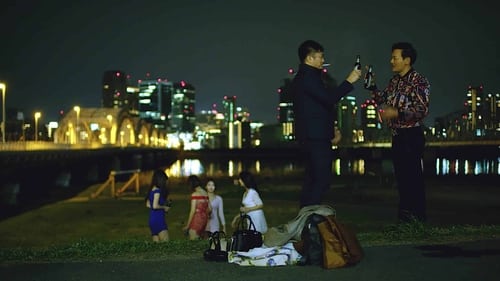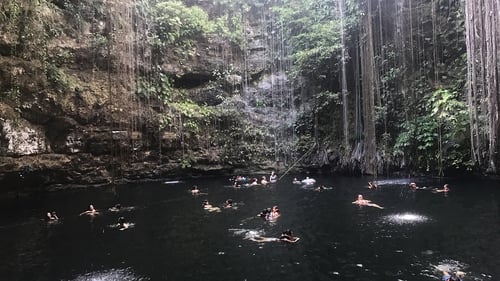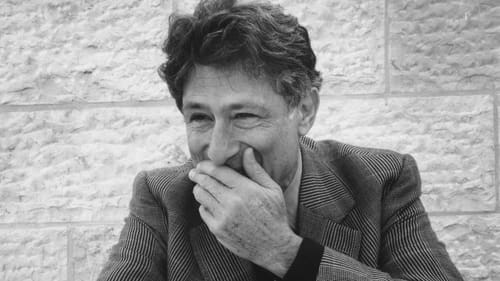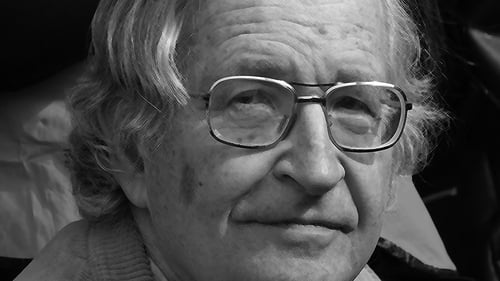
Other
Tourists, foreigners and outcasts converge on the streets of Osaka in this sprawling ensemble drama by Japan-based, Malaysia-born filmmaker Lim Kah Wai. His eighth feature explores the lesser-known aspects of the Asian melting pot city through the eyes and experiences of a dozen characters who struggle to find their place in society: among them a Nepali refugee with dreams of opening a restaurant, a Burmese student struggling to make ends meet while working two jobs, and a Taiwanese sex tourist who travels to meet his favorite adult video actress.

Editor
터키 쿠르드족 난민이 일본으로 와 도쿄 교외 지역에 정착하기 시작한 건 1990년대부터다. 현재 그 수는 2천여 명에 달하지만 여전히 이들은 불법 이민자 신세다. 여기에 오잔(18), 라마잔(19), 메흐메트(38)가 살고 있다.

Editor
1940년대 초, 미나마타 사람들에게 이상한 신체적 징후가 나타나기 시작한다. 사지에 경련이 일고 혀가 굳어 알아들을 수 없는 말을 하는 사람들. 정부는 몸의 모든 감각체계가 무너진 이들을 가짜 환자 취급하다가 결국은 ‘정치적으로 해결’ 했다. 영화는 그 정치적 해결에 반기를 드는 것으로 시작한다. 20여년에 걸친 법정 투쟁을 이어가는 90대 노인, 이 병을 규명하려는 의대 교수, 병의 표본으로 의학 테스트를 받는 어부... 하라 카즈오는 거대 권력에 맞선 이들을 불굴의 투사, 헌신적인 의학자, 고통 받는 희생자로만 그리지 않는다. 372분이라는 압도적인 러닝타임은 미나마타 병으로 인한 고통의 유구한 연대를 담기 위한 것이기도 하지만 고유한 성격과 개성을 지닌 그들 개인의 삶을 품는데 필요한 시간이기도 했다.

Editor
A documentary about the people of Hirono, a city located 20 km away from the Fukushima Daiichi Nuclear Power Station. Immediately after the Great East Japan Earthquake, the whole town was forced to evacuate. In 2019, 80% of the population at the time of the earthquake is back in town.

Editor
마야의 젖줄이던 '세노테'에 대한 영화. 세노테(Cenote)는 낮은 편평한 석회암 지역에서 볼 수 있는 함몰 구멍에 지하수가 모인 천연 우물을 뜻함. 이름 자체는 마야어에서 따왔으며, 마야인들은 이 우물 을 신성하게 여겨 신에게 제물을 바칠 때 사용하였다고 한다. 세노테들은 서로 연결되어 있다고 한다.

Editor
Fumi and Kazu have a lot to teach us about love. When they decide to stick their necks out and create the first LGBTQ+ law firm in Japan, they are drawn into the lives of people searching for protection and support. Despite their own relationship having no legal status, they work pro-bono for long hours, all the while foster-parenting a teenager. We meet with a colourful cast of misfits, dissidents and artists – from a delightful eccentric being prosecuted for her kitschy vagina sculptures, to a troubled outsider who, as the child of an ‘immoral woman’, has no legal identity. A saying is repeated throughout the film, that one must ‘read the air’ – conform to the tacit conservatism that forbids sexual diversity. With love, humour and serious legal chops, Fumi and Kazu do exactly the opposite.

Editor
Clearly, the comfort woman controversy is far from resolved - and that explains why Zhongyi Ban has now completed his third documentary on the subject. "Give Me the Sun" introduces us to a group of seven aging Chinese women whose bodies and minds were irrevocably scarred by the unspeakable brutality inflicted on them during World War II, when they were being gang-raped for months until their families ransomed them. Some were lured into sexual slavery by locals working for the Japanese Army, who promised them work in factories or hospitals; others were simply abducted and enslaved in the nearest comfort stations. Chinese scholars have estimated that close to 100,000 women were forcibly taken from their homes during the war, although lack of official documentation has made it difficult for historians to reach an agreement on the exact figure.

Editor
This film is about a lawsuit seeking state compensation for asbestos-related damage in the Sennan area of Osaka. Filmmaker Hara Kazuo records the eight-year struggle of the plaintiffs and their lawyers. A dogged and dramatic depiction of their intense battle.

Editor
이스라엘 사람들이 군 복무시 팔레스타인 점령지에서 행한 폭력을 당시에 근무한 병사들을 통해 인터뷰 형식으로 고발한 다큐멘터리. "10년의 촬영기간, 일본NHK 4부작 인기 다큐멘터리 극장판!! 2009 키네마준보 베스트텐선정 문화영화부문 1위! 긴 침묵을 깨고, 전쟁의 피해자가 아닌 ‘가해자’의 시선으로 전쟁의 폐해를 고발한다!! 팔레스타인을 점령한 '이스라엘 군인'들.. 평범한 젊은이에서 점점 무자비한 학살자, 점령자로 변해가는데… 괴물로 변해가는 자신의 내면과 싸우는 젊은이들의 절규와 그들이 전하는 평화의 메시지!! 전쟁터에 들어선 순간, 나는 괴물이 되었다!! 긴 침묵을 깨고 세계 모든 이들에게 진실을 전한다!"

Editor
2003년 9월 팔레스타인 출신 미국인이자 뛰어난 학자였던 에드워드 사이드가 죽었다. 2004년 봄 사이드의 묘소는 그가 성인으로 대부분의 삶을 살았던 뉴욕이 아니라 또 그가 태어났던 팔레스타인이 아니라 레바논의 작은 마을 브루마나에 마련되었다. 이 영화는 사이드의 복잡했던 삶을 상징하는 그의 묘소에서 시작한다. '아웃 어브 플레이스'는 아랍, 이스라엘, 미국의 사상가들의 인터뷰를 가이드 삼아 에드워드 사이드의 기억과 그가 남겨놓은 유지를 통해 사이드가 그의 삶 내내 쟁취하기 위해 싸웠던 화해와 공존에 대한 전망을 탐사하기 위한 여행이다. 이 영화는 복잡한 강제이주의 면면을 세심히 관찰한다. 험난한 역사의 조류에 휩쓸린 팔레스타인 땅과 그 주민들, 주변국에서 피난민으로 살아야 했던 그들의 삶, 디아스포라의 오랜 박해에서 살아남아 전 세계에서 이스라엘로 돌아오는 유대인들, 그리고 희생자이자 가해자로서의 그들의 뒤섞인 정체성으로 인한 뿌리깊은 갈등이 그 것이다. 이 영화는 사이드와 함께 이스라엘과 팔레스타인 젊은이들 사이에 음악을 통해 화해의 장을 마련하는 프로그램을 시작했던 다니엘 바렌보임의 추도강의에서의 솔로피아노 연주로 조용히 끝이 난다.

Editor
Satō Makoto discovered documentary film when he visited Minamata (well known as the former site of an environmental disaster) as a student, and worked on Katori Naotaka’s The Innocent Sea. While touring Japan with the film, he met people who lived by the polluted Agano River in Niigata and decided to make a film about them. Living there with seven crew members for three years, Living on the River Agano was completed in 1992 and showed people who live with the river and work in agriculture and fishing, quietly probing the cruelty of nature destroyed. Ten years later, and after attending several funerals of people who appeared in the first feature, the team returned to the area. The resulting film Memories of Agano is a ghostly poem on people, fields, stories, songs and buildings receding into absence, the power of images and the strength of sound to revive the past.

Editor
This documentary compiles a series of Noam Chomsky's interviews and lectures that address the events of 9/11.










